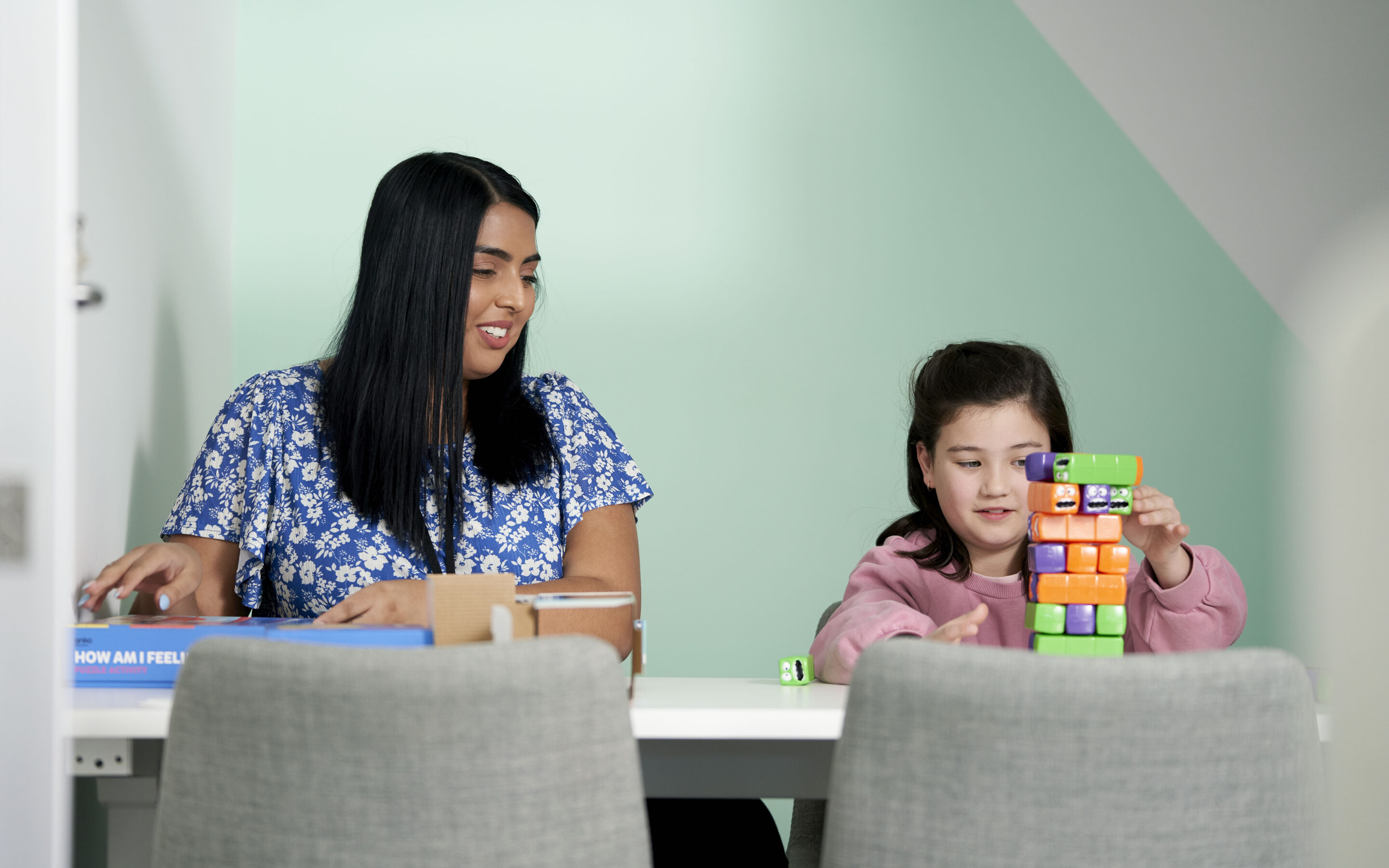For many individuals, routines provide a sense of security and predictability. They offer a framework for the day, reducing anxiety and promoting independence. Developmental educators play a crucial role in helping people develop and implement routines, fostering a sense of accomplishment and a smoother flow to daily life.
The Benefits of Routine:
- Reduced Anxiety: Routines create a sense of what to expect, minimizing surprises and potential triggers for anxiety.
- Improved Independence: As routines become familiar, individuals gain confidence in their ability to complete tasks independently.
- Enhanced Learning: Routines provide a predictable structure within which learning can occur. Transitions become smoother, allowing individuals to focus on new skills.
- Increased Self-Regulation: Routines can help individuals anticipate and manage changes in their environment, promoting self-regulation skills.
- Improved Communication: Visual schedules and clear communication about routines can enhance communication skills, especially for individuals with ASD.
The Role of the Developmental Educator:
Developmental educators can support the development of routines in several ways:
- Collaboration: Work with families, therapists, and caregivers to develop routines that are consistent across all environments.
- Individualization: Tailor routines to each person’s specific needs, preferences, and learning styles.
- Visual Aids: Utilize visual schedules, picture cards, and timers to make routines clear and predictable.
- Positive Reinforcement: Celebrate successes and acknowledge progress during the implementation of routines.
- Breaking Down Tasks: Complex tasks can be broken down into smaller, more manageable steps within the routine.
- Practice and Patience: Developing routines takes time and practice. Be patient and consistent in your approach.
Implementing Routines with Children with ASD:
For children with ASD, who may thrive on predictability, routines are especially beneficial. Here are some additional tips:
- Focus on Sensory Needs: Integrate sensory activities into the routine to help children manage sensory overwhelm.
- Provide Clear Communication: Use simple language, social stories, and visual cues to explain routines and upcoming transitions.
- Allow for Flexibility: While routines are important, some flexibility may be necessary. Prepare children for occasional changes.
- Celebrate Milestones: Acknowledge and celebrate even small successes in following the routine.
Building a Foundation for Success:
By fostering the development of routines, developmental educators equip individuals with the tools they need to navigate daily life with greater confidence and independence. Routines offer a foundation for learning, growth, and a sense of accomplishment. So, let’s embrace the power of predictability and help individuals thrive within the structure of a well-established routine.

